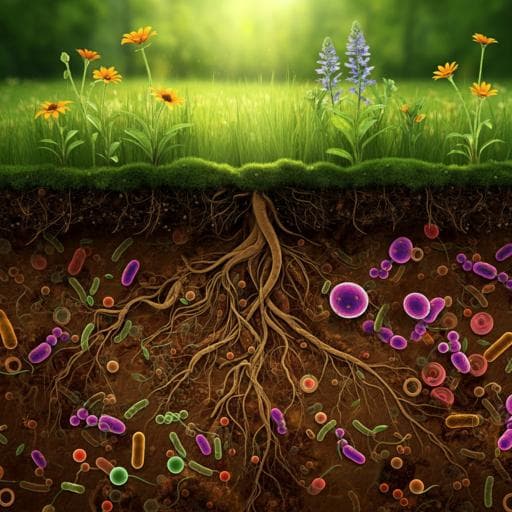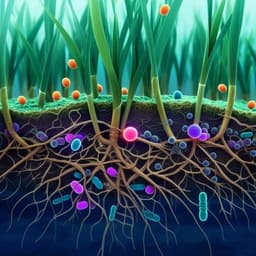
Environmental Studies and Forestry
Rapid differentiation of soil and root microbiomes in response to plant composition and biodiversity in the field
H. M. Burrill, G. Wang, et al.
Discover how soil and root microbiomes quickly adapt to changes in plant diversity and composition, revealing insights into microbial community dynamics. This cutting-edge research was conducted by Haley M. Burrill, Guangzhou Wang, and James D. Bever.
Related Publications
Explore these studies to deepen your understanding of the subject.







